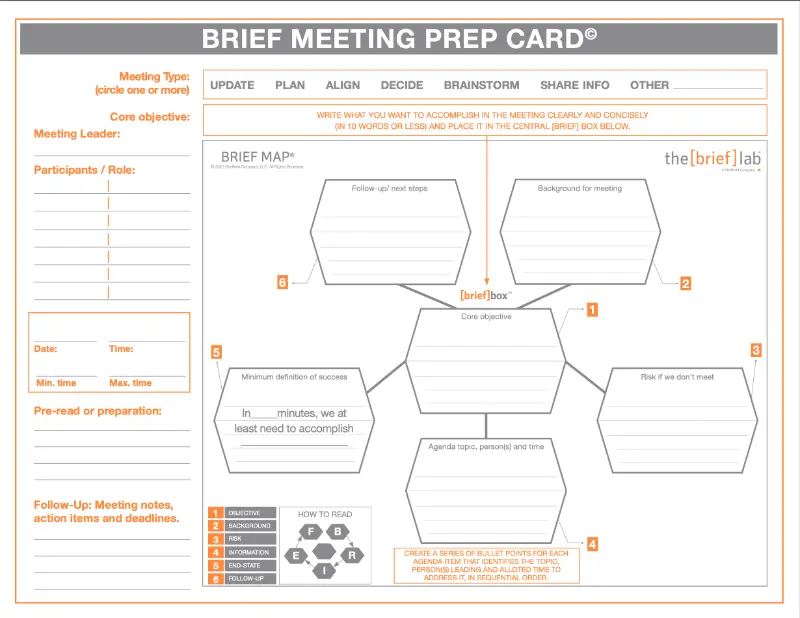[vc_row fullwidth=”true” css=”.vc_custom_1543507570314{background-image: url(https://thebrieflab.com/wp-content/uploads/2018/11/turner_blogpost_image_04.jpg?id=11960) !important;background-position: center !important;background-repeat: no-repeat !important;background-size: cover !important;}”][vc_column][mk_padding_divider size=”420″][/vc_column][/vc_row][vc_row css=”.vc_custom_1535555280359{padding-top: 67px !important;}”][vc_column][vc_column_text css=”.vc_custom_1540924851550{margin-bottom: 0px !important;}”]
Case Study: Turner Team Sets New Status Quo
Turner (a unit of WarnerMedia) operates a large-scale, ad-supported media business spanning a number of premium content brands, including Adult Swim, Cartoon Network, CNN, TBS, TNT, truTV and Turner Sports. But, as the ad business continues to evolve at an accelerated rate, a core team helping to support the company’s revenue operations realized the immediate benefit of creating new standards for day-to-day communications.
Amit Chaturvedi leads Turner’s Revenue Operations team, consisting of a large group of analysts, project managers and digital ad specialists, many of them millennials. The team is a critical go-between, connecting the orders coming from sales to the appropriate technical platform that serves up each ad.
“We plug everything in to make sure the advertisers get the value they pay for,” says Chaturvedi.
The business is anything but simple.
“Turner’s been at this for about 60 years,” he says. “For the first 50, we pretty much sold one product on one platform: TV ads. Now, we sell across 70 different platforms – each one with its own partnerships and intricacies to navigate.”
For Chaturvedi’s team, this has created a snowball effect: more products, more projects, more kickoff meetings, more updates, more email, and more time spent communicating.
A different approach
When Chaturvedi came onboard, he quickly saw the need for change.
“Our top-down approach wasn’t going cut it in the digital age. We need to be more flexible, assess situations, make decisions, communicate clearly and then move on. And we have to do all this very quickly.”
To support his team through this transformation, Chaturvedi hired The BRIEF Lab.
“I realized it would take time, but I wanted to jumpstart the journey, starting with the way we communicate with each other and with our peers.”
Working with Chaturvedi, the BRIEF Lab delivered a phased program to help the team build the discipline of brevity:
Get senior leaders on board
– A series of intensive workshops with Chaturvedi’s direct reports to get them comfortable with the new methodology. They quickly bought into the promise of brevity.
Define a new set of expectations
– A series of 10 desired behaviors that comprised a new standard. Simple things like, “every email must begin with a call-to-action” and “schedule meetings that are 30 minutes or less.” Chaturvedi published these new expectations for the full team to help them picture what good communication looks like.
Basic training for the whole team
– All members of the team proceeded through a series of online and in-person sessions to learn the fundamentals of the BRIEF methodology and begin applying them immediately.
Equip directors to lead by example
– With a baseline knowledge of BRIEF established, the director-level leaders were given additional support to apply BRIEF to key moments – such as how to run meetings and have more productive coaching conversations. This allowed them to embrace the new standard and lead by example.
Progress
Two years into the journey, Chaturvedi has seen the difference.
“There were immediate short-term gains. We saw people across the team making a greater effort to apply what they learned. It wasn’t always perfect, but it was unmistakable. One of my peers, who was unaware of the program, reported that his weekly meeting with someone on our team suddenly became dramatically more productive and – to his surprise – shorter.”
Chaturvedi acknowledges the transition is still ongoing. “We’ve found we have to keep encouraging certain groups and individuals to go back to the methodology, but I’m confident we’re heading the right direction.”
Since committing to BRIEF, Chaturvedi’s team has grown and been tasked with greater responsibility in the broader organization. He is committed to helping his new team members embrace BRIEF.
“To me, this is simply the right way to communicate in our modern environment. We all expect people around us to be brief but we rarely have a way of teaching people to acquire the skill. The BRIEF Lab is helping me close that gap.”
[/vc_column_text][/vc_column][/vc_row]

